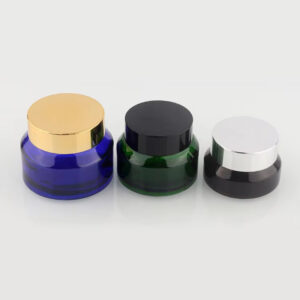
News & Blog
Great things in business are never done by one person. They’re done by a team of people. We have that dynamic group of peoples
Sprayer pumps play a critical role in various industries, from agriculture to skincare packaging. Choosing the right sprayer pump can directly impact application efficiency, cost-effectiveness, and user satisfaction. Whether you’re searching for the perfect pump for spraying fertilizers or selecting a packaging sprayer for a skincare product, understanding the different types of sprayer pumps is essential. This guide will walk you through the types of sprayer pumps, their applications, and how to choose the one that fits your needs.

A sprayer pump is a mechanical device that moves liquids through a nozzle to create a fine spray. These pumps are widely used in industries like agriculture, cosmetics, and chemical processing. From applying pesticides to spraying perfumes, sprayer pumps have diverse applications.
Sprayer pumps work based on pressure and flow, ensuring even distribution of liquids. Common materials include stainless steel, plastic, or aluminum, depending on the liquid’s properties and required durability.
Sprayer pumps are vital for tasks that require precise liquid distribution. They ensure:
For example, in the skincare industry, sprayer pumps are used for packaging products like glass perfume bottles or essential oil bottles. Learn more about glass bottles for skincare packaging here.
There are several types of sprayer pumps, each designed for specific applications. These include:
Understanding these types will help you select the best pump for your requirements.
Centrifugal pumps use a rotating impeller to move liquid through the pump. They are ideal for high-volume, low-pressure applications like irrigation or industrial cleaning.
Advantages:
Applications:
Diaphragm pumps operate using a flexible diaphragm that moves back and forth to create pressure. These pumps are known for their precision and ability to handle a wide range of liquids.
Advantages:
Applications:
Piston pumps are high-pressure systems designed for applications that require forceful spraying. They use a piston to move the liquid, making them ideal for tough jobs.
Advantages:
Applications:
Roller pumps are compact, versatile devices that use rollers to press against a flexible tube, moving liquid through the pump. They are widely used due to their simplicity and affordability.
Advantages:
Applications:
Electric transfer pumps are gaining popularity due to their efficiency and ease of use. These pumps are powered by electricity, making them ideal for indoor and outdoor applications.
Advantages:
Applications:
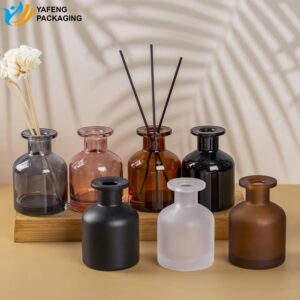
Selecting the right sprayer pump depends on several factors:
Tips:
Sprayer pumps are essential in:
Proper maintenance ensures your sprayer pump lasts longer and performs better:
Diaphragm pumps are highly durable and handle abrasive liquids well.
Yes, diaphragm pumps and piston pumps are suitable for viscous liquids.
Yes, they are energy-efficient and reduce manual effort.
For more information about glass bottles with sprayer pumps, check out these resources:
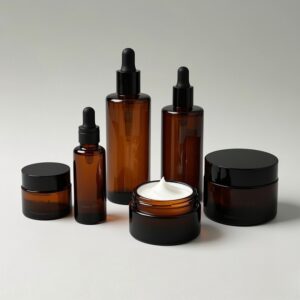
Amber glass bottles offer luxury, UV protection, and stability for beauty packaging. Learn about their production, quality control, and benefits for skincare brands.
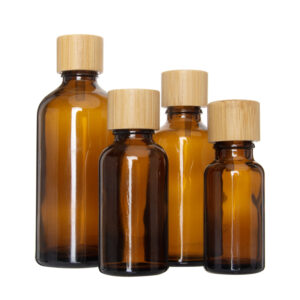
Discover the sustainable revolution in beauty packaging! Learn how bamboo is transforming the cosmetic industry with its eco-friendly, durable, & stylish appeal.

Give old candles new life! Learn how to safely remove wax, recycle candle jars, and get creative with repurposing ideas. Eco-friendly tips for candle lovers.
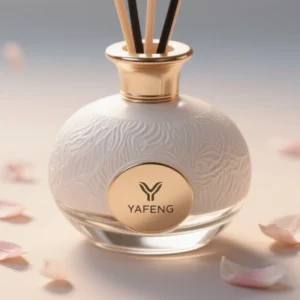
Discover how rattan aromatherapy works and why glass bottles are the best choice for long-lasting scent, safety, and sustainable, elegant packaging.

Discover why glass packaging is essential for preserving skin care products, offering sustainability, safety, and premium aesthetics.
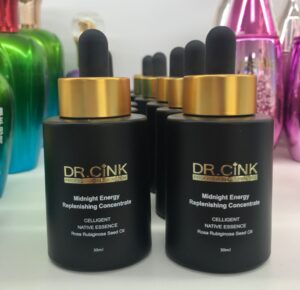
Explore screen printing and hot stamping for cosmetic glass bottles, including processes, defects, cost comparison, and tips for choosing reliable manufacturers.
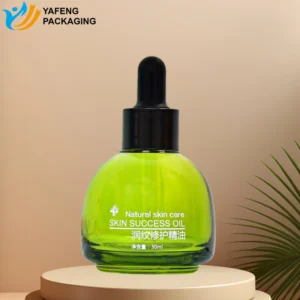
Discover how spray coating enhances skincare and perfume packaging by improving appearance, brand identity, durability, and safety with advanced technology.
Explore custom vs. stock bottles for skincare packaging. Learn how Yafeng’s solutions boost brand identity, quality, and efficiency in this in-depth guide.

Discover how gradient color spray transforms cosmetic glass bottles, enhances brand image, and boosts product appeal with expert insights from Yafeng Packaging.

Discover how rattan aromatherapy works and why glass bottles are the best choice for long-lasting scent, safety, and sustainable, elegant packaging.
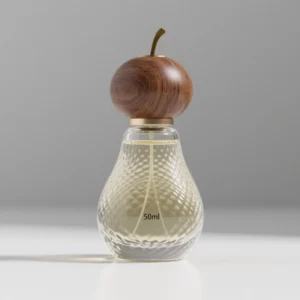
Discover the top 10 woods for perfume caps, comparing texture, pros, cons, and price to help you choose the best material for stylish, high-quality packaging.
WhatsApp us